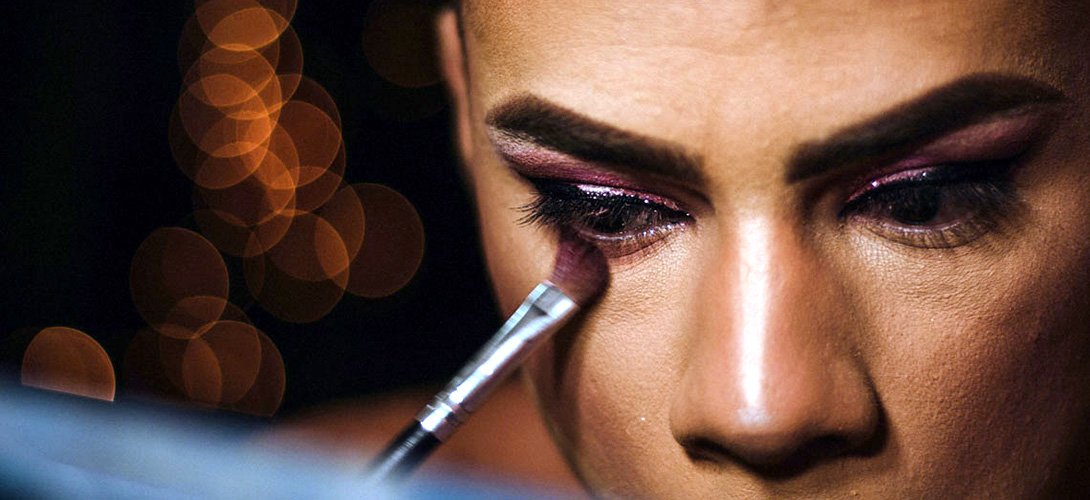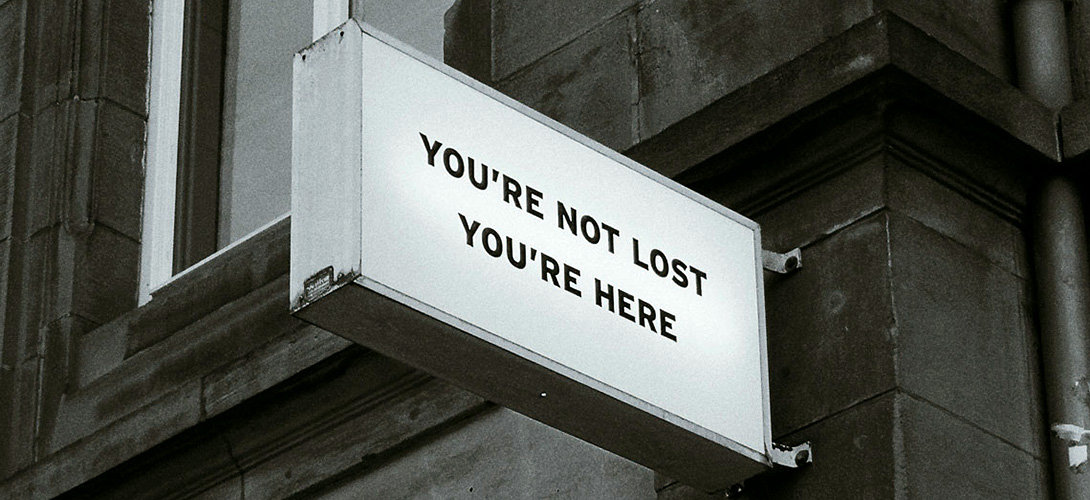The Childline 24-Hour Support Line is one of the services provided by the ISPCC and is available for all young people, aged 18 years and younger.
Continue readingWhat are Intrusive Thoughts?
Intrusive thoughts are strange or disturbing thoughts that can pop into our heads without warning, at any time.
Continue readingWhy it’s natural to want to explore your sexuality
Growing up is hard but it’s also exciting! No two lives are the same and it’s natural to want to explore your sexuality as you get older.
Continue readingWhat happens when YOU are the biggest bully in your life
How to deal with a controlling or aggressive friend
When a friend becomes controlling, manipulative or aggressive, it can be hard to know what action to take to improve the situation
Continue reading3 ways to stop worrying about what people think of you
What to do if you feel sad or stressed all the time
Life can be difficult but if you feel like you’re constantly stressed or sad and don’t know why, there are things you can do.
Continue reading5 health benefits of practicing gratitude you may not know about
We all know that we should practice gratitude but are you aware that there are serious health benefits associated with it?
Continue readingWarning signs and risk factors associated with Suicide
Suicide can be a scary topic to talk about but it’s important to know the warning signs and risk factors in order to help.
Continue readingChildline’s 24 Hour Support Line and Other Services Explained
What exactly is Childline’s 24 Hour Support Line and what other services do you provide for children and families?
Continue reading








